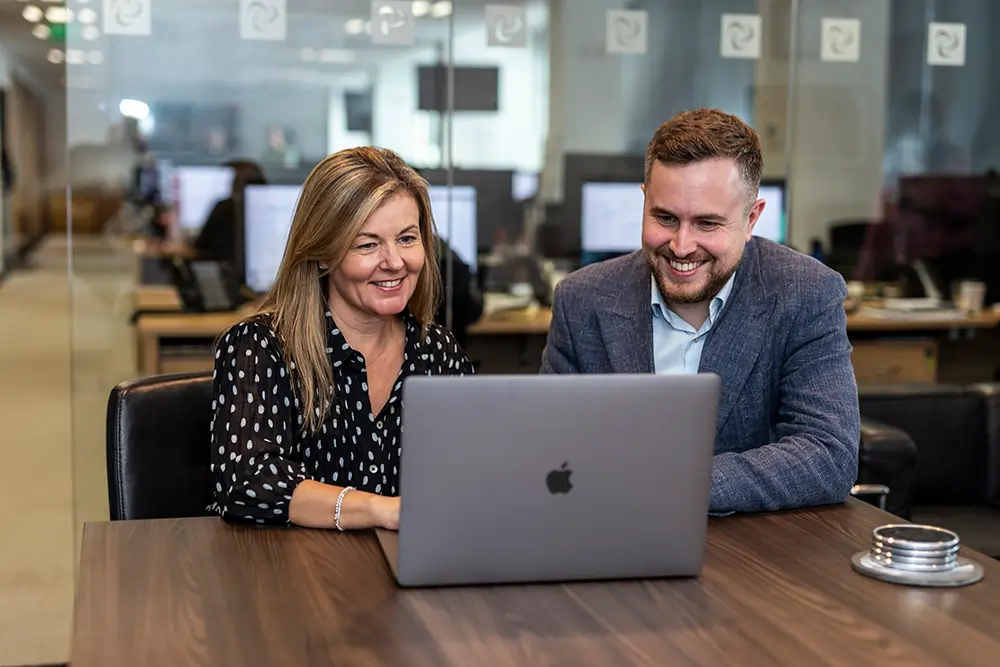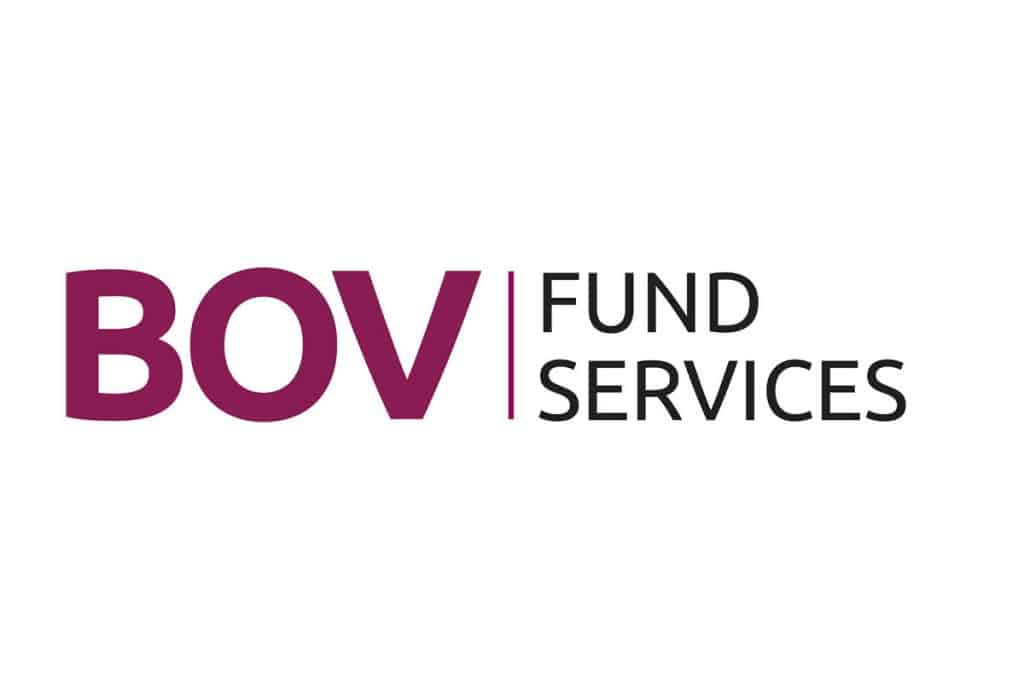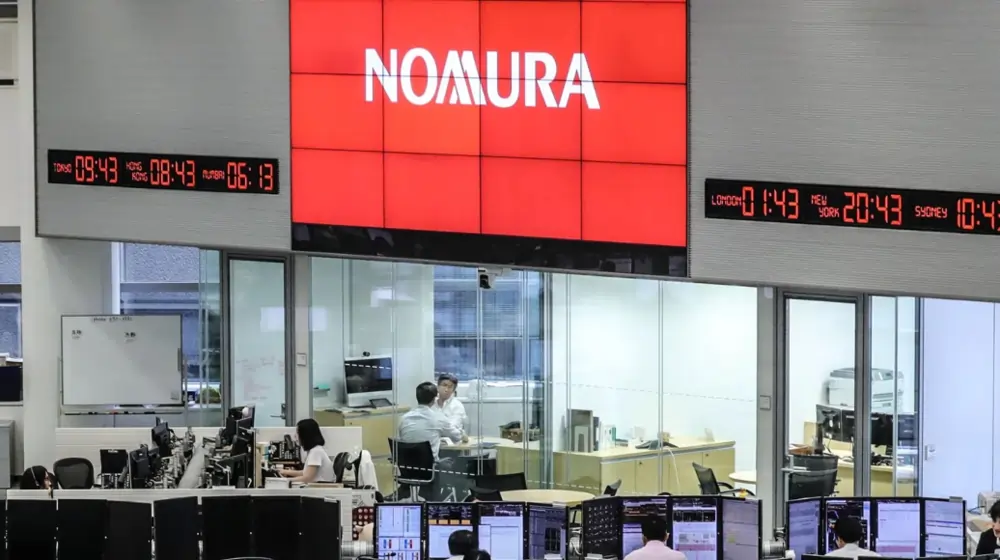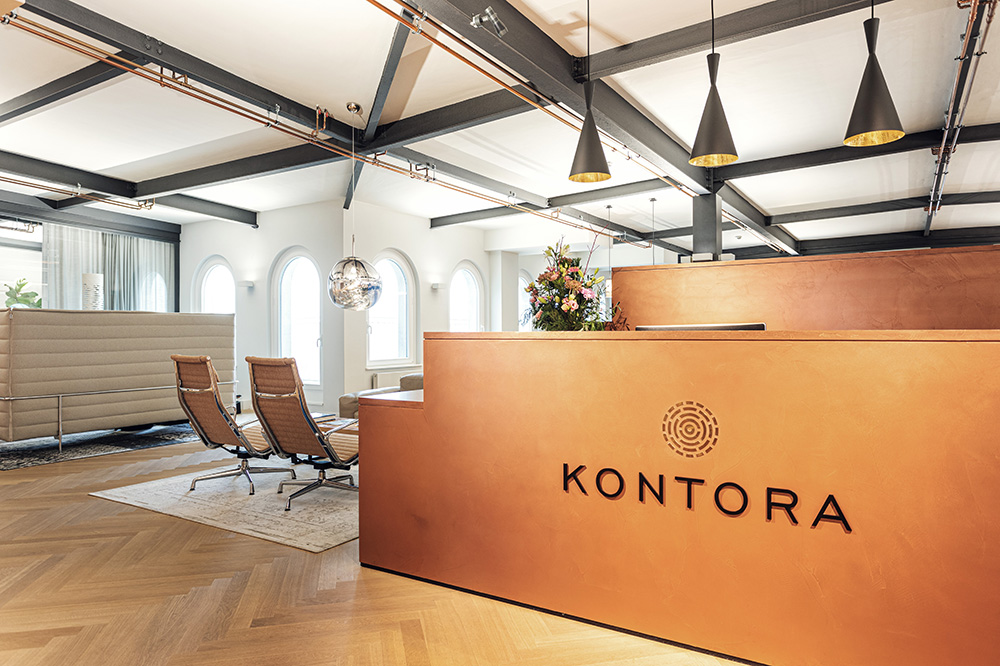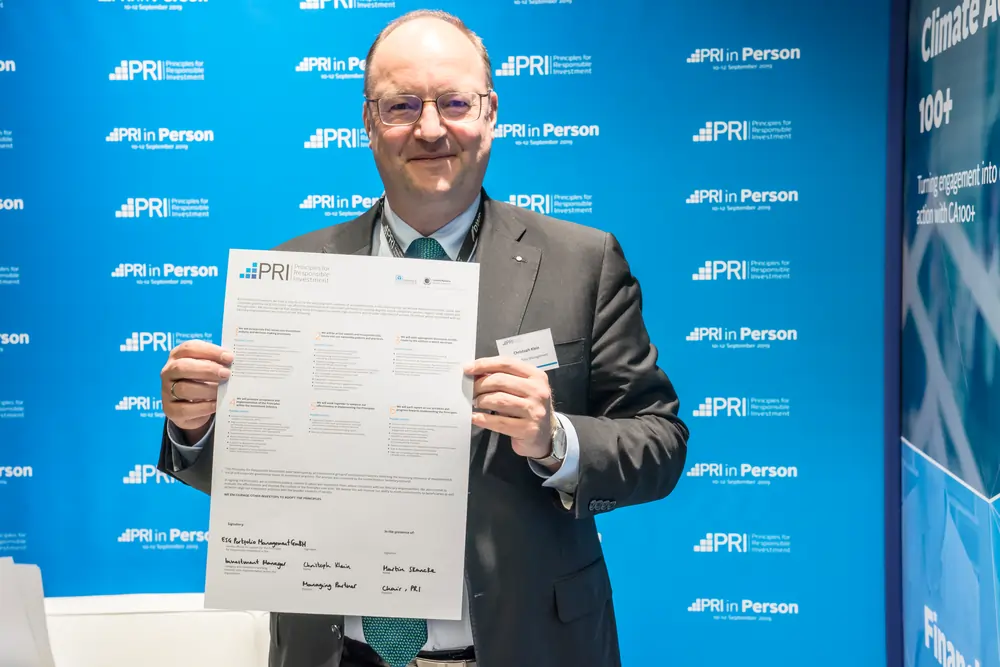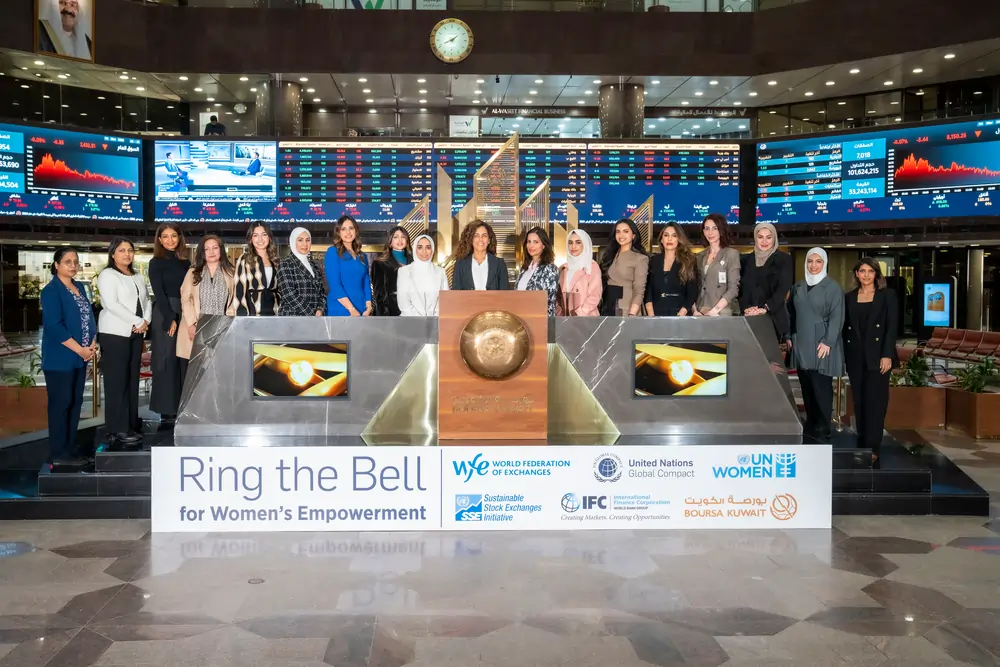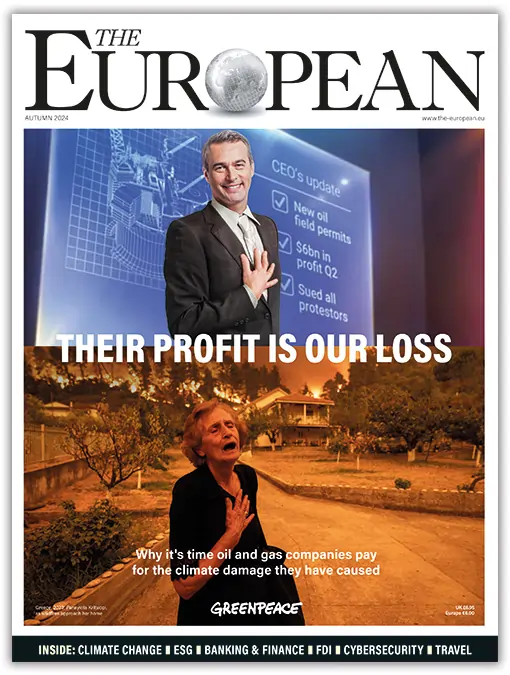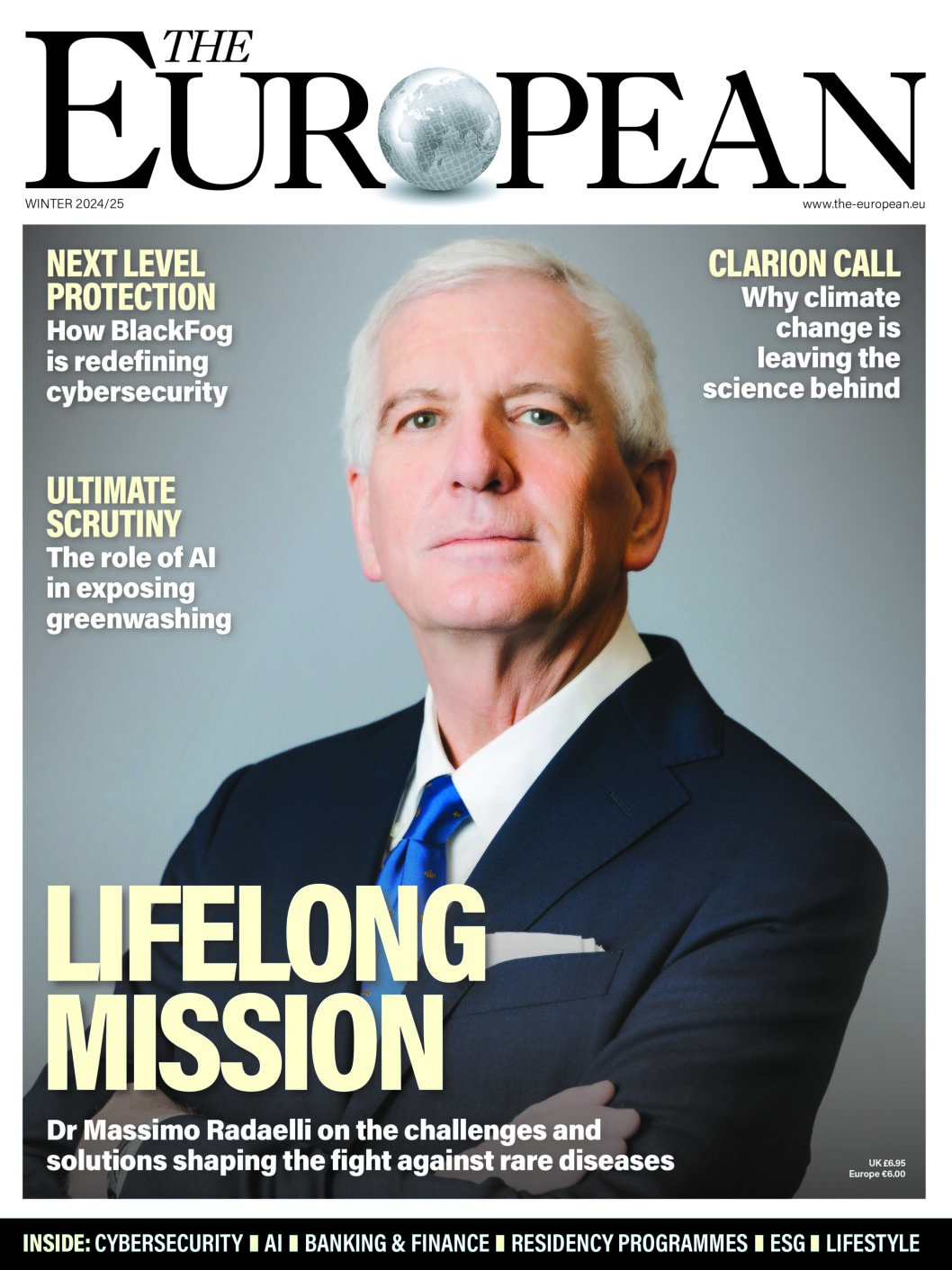Entrepreneur investor Professor Michael Atar says that now, more than ever, venture capitalists need to throw their support behind biotech incubators to ensure innovation doesn’t stall
Post-covid, the biotech sector has faced a troubling situation: funding for early-stage ventures has plunged, with some reports citing as much as a 40% drop in investment in the last 12 months. It seems that the global economic uncertainties of recent years have led to a reduced appetite among venture capitalists for bold, early-stage startups.
This is, to an extent, understandable. Biotech, especially medtech, is a slow-moving sector, and the pace of scientific development coupled with the complex regulatory hurdles involved in getting to market means that investors can’t expect a swift return on their capital. In times of recession, safer investment avenues such as fintech, real estate and renewable energy become far more attractive.
But this fall in funding, representing a loss of billions of pounds, is deeply troubling, as it not only reduces the number of exciting and ambitious biotech startups bubbling up but also threatens the business incubators that often nurture them.
In recent years, prominent biotech incubators such as the UK-based BioCity Nottingham, San Francisco’s QB3@953 and New York’s BioLabs NY have had to close their doors due to dwindling investor confidence.
The loss of incubators cannot be underestimated. CRISPR, the gene-editing technology, which is now treating a host of genetic conditions once thought impossible to cure, is just one of many examples of groundbreaking medical products that can be traced back to incubators. Without biotech incubators, many innovative medical products and services that could greatly benefit society and potentially save millions of lives may never get past the drawing board, representing a huge loss for us all.
For incubators are far more than spaces providing desks, roofs, administrative and accountancy support to entry-level entrepreneurs: they are an invaluable ecosystem that brings together a diverse range of expertise, resources, and networks to help promising start-ups scale into viable businesses.
Incubators have always been a perfect match for biotech startups, favouring as they do a longer, more holistic view aligned with the sector’s particular strengths and weaknesses. Unlike many investment channels, they recognise that genuine innovation takes time and a lot of trial-and-error. Equally importantly, they invest in the process rather than just the product, understanding that many of the most successful and established medtech services were once nothing more than a bright idea with no guarantee of success.
It’s not to every investor’s taste, but for me, working with disruptive technologies firmly on the cutting edge is the most exciting and rewarding experience. To see the wheels of innovation turning in real time is an experience and privilege unlike any other. It is, in many ways, a window into the future—an opportunity to shape the world we will live in tomorrow. The trade-off, if you can call it that, is that you have to have patience, but it’s a small price to pay for nurturing companies that have the real prospect of reshaping our future for the better.
A perfect case in point is Cytovale, the Silicon Valley firm behind IntelliSep, a revolutionary blood test that can detect sepsis in under 10 minutes. Blood poisoning is dubbed the “silent killer” because it is so hard to detect and progresses so rapidly. Some 11 million people die annually of sepsis—more than breast, prostate, and bowel cancer combined—and so it’s no exaggeration to say that a rapid and reliable means of diagnosis could one day save millions of lives each year.
But the IntelliSep test didn’t appear overnight. It took more than 10 years and US$120 million to develop, and it began with an incubator. I was introduced to the company through Breakout Labs, the renowned US-based incubator founded by entrepreneur and venture capitalist Peter Thiel, co-founder of PayPal. They showed me 20 promising startups to select from—in a sense, serving as a kind of filter, separating the wheat from the chaff. This was perfect. As an investor, I want to see a selection of companies that have already been vetted by experienced professionals. This reduces the guesswork and increases the confidence that the companies I’m considering are genuinely worth my time.
After careful consideration, I decided to invest in Cytovale. With the kind of financial backing that incubators can offer, the company was able to gather the resources and expertise it needed to grow. A smaller, independent investment from a private investor—say $125,000—wouldn’t have come close to moving the needle.

So incubators often represent the starting point for tomorrow’s biotech successes, and not only in financial terms. They offer a variety of ways for investors to engage. Some may choose to provide financial backing, others may prefer to offer non-financial support—be it by sitting on advisory boards, providing mentorship, or offering market insights. In my case, I believed so much in Cytovale that I provided both.
And it’s a win-win situation. Start-ups, so often being spin-offs from universities with teams that are experts in their scientific or technical field but green when it comes to best business practices, can tap into a wealth of expertise and insight that would be difficult to replicate elsewhere. Even if a fledgling business is lucky enough to find a private investor with particularly deep pockets, that investor may well lack the necessary time, knowledge, or network to truly understand and nurture their investment at the critical early stage. Incubators, by contrast, bring together people with diverse backgrounds—scientists, business strategists, regulatory experts, and marketing professionals—to mould a successful startup as a collaborative process.
And for investors, incubators are so valuable because they reduce the risk. Rather than, effectively, ‘placing a bet’ on a single company with a significant chance of failure, investors can put their capital into a pool of ventures, each at different stages and with varying degrees of potential. This approach makes the process of investment less daunting, especially in a sector as volatile as medtech. The beauty of incubators is that you can negotiate your involvement to suit your interests and appetite for risk. There’s even the option to be completely hands-off, investing in the incubator itself rather than specific startups underneath its umbrella, and receiving a return based on the incubator’s overall performance.
An incubator also acts as a conduit to more significant partnerships. By bringing together a broad spectrum of players—from other investors to industry professionals—incubators create an environment ripe for collaboration. A pharmaceutical company, for instance, may choose to invest in an incubator knowing that while it cannot have a say in the decisions of the incubator itself, it can leverage its knowledge of the market and its networks to cultivate promising start-ups that hold the key to filling a gap in the market or delivering the next generation of products. This creates a ‘golden trinity’—an alliance between investors, the incubator’s leadership, and the industry itself. By working together, these parties can ensure that the startups they nurture are not just commercially viable but also aligned with real-world market needs.
Take the incubators away, and, simply put, innovation stalls. Startups are forced to rely more heavily on government funding, which tends to be more conservative, more risk-averse, and mired down by red tape. In consequence, public-sector funding is not attuned to the rapid pace that characterises the startup world. Bogged down by bureaucracy, dynamic new enterprises are stifled, allowing their competitors to gain the advantage. And those, of course, are the ‘lucky’ ones. Without access to incubators, many won’t be able to receive any funding at all.
Incubators are, in short, the engines of innovation—the spaces where breakthroughs happen, and the mechanisms through which venture capitalists can support the next generation of life-changing technologies. Put it another way, they are a lifeline to medtech startups, which in turn are a lifeline to society.
Despite the current economic challenges, it is critical that we continue to invest in these incubators. By doing so, we are not just supporting startups; we are securing the future of medical innovation—and, ultimately, improving and saving lives.
For more information about Professor Michael Atar, visit www.michael-atar.com.




